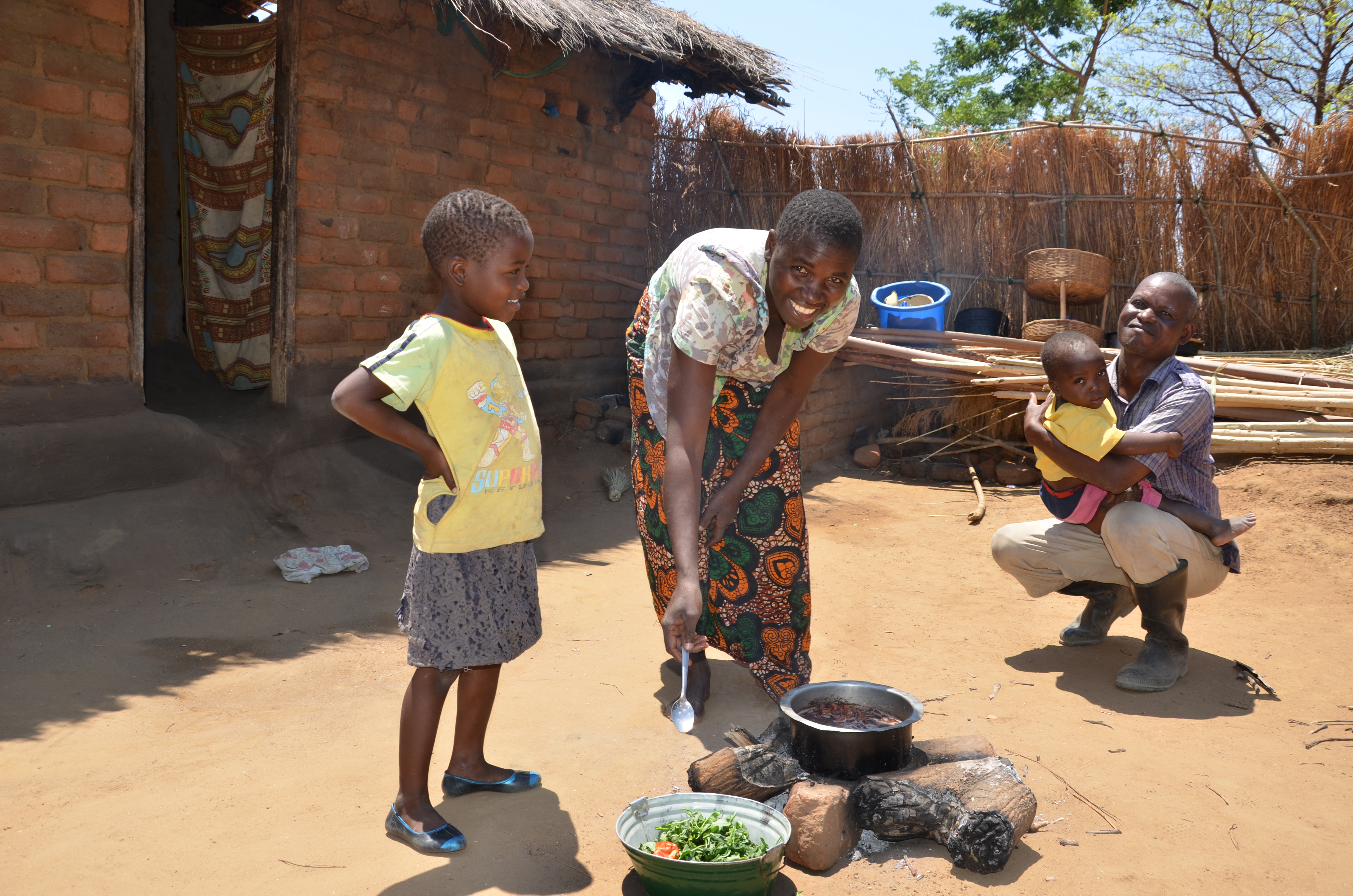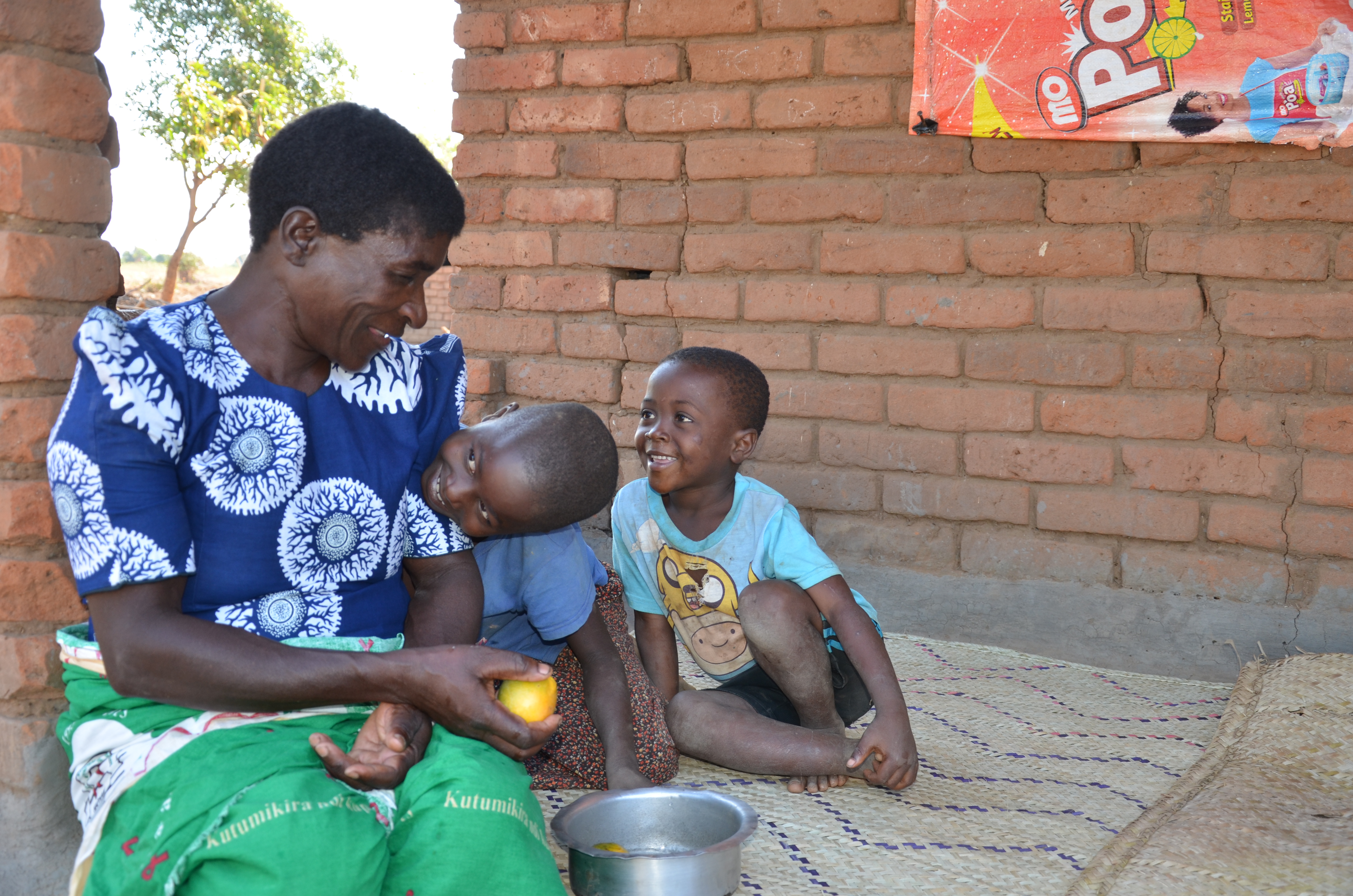PMI Brings IRS Back to Malawi, Protecting Country’s Most Vulnerable

In the Southeast African country of Malawi, you would be hard put to meet someone who hasn’t contracted malaria in recent years. In 2017, more than 3,650 Malawians died from the vector-borne disease. Malawi’s Nkhotakota District, situated along the banks of Lake Malawi – one of the African Great Lakes – has one of the highest rates of malaria in the country. According to Dr. Sosten Lankhulani, the Ministry of Health’s Nkhotakota District Health Officer, 45-50% of hospital admissions are due to malaria.
Recently, the U.S. President’s Malaria Initiative (PMI) conducted an indoor residual spraying (IRS) campaign through the PMI VectorLink Project to reduce the burden of malaria. IRS uses an insecticide that kills the mosquitoes that transmit the disease. PMI VectorLink successfully sprayed 112,264 structures during a 32-day campaign, protecting 501,324 people including 11,066 pregnant women and 90,953 children under five.
“Lots of resources are spent on malaria,” said Dr. Lankhulani. “In the past two to three years, we’ve even run out of malaria drugs. IRS helps to reduce malaria. With fewer malaria cases, we will have the treatment supplies and resources to address other diseases, such as TB and acute respiratory diseases.”
Zione Mangani, a mother of eight, is one of many in the district deeply affected by the deadly disease. “My six-month old had malaria the last week of October,” said Mangani. “In September my two-year old had it. My brother-in-law and sister-in-law both died from malaria last year. My mother and my niece died from the disease as well. Every person in my (immediate) family has fallen ill because of malaria this year. That’s 10 times of going to the hospital.”

Shadreck Mulenga, Deputy Program Manager for Malawi’s National Malaria Control Program, said that the last time PMI conducted IRS in this district, there was a 43% reduction in malaria cases. “We expect to see similar results if not better because of the project’s high quality implementation,” he said. “I hope to see malaria reduced by more than 50% of the current status in the next two years.”
The costs associated with malaria go beyond medicine, hospitalization and transportation to the hospital. A reduction in malaria will translate into healthier, more productive lives for Malawians.
Anne Nkhoma, also a mother of eight, said, “Malaria just passes from one child to the next. It’s continuous. When you have illnesses in the family, you don’t have time to do much else but take care of those who are sick. I can’t earn money. Since my house was sprayed (in October 2018), no one in my family has had it. Once the mosquitoes come in the house, they die. I really appreciate IRS. As we approach rainy season, I feel ready and secure.”

